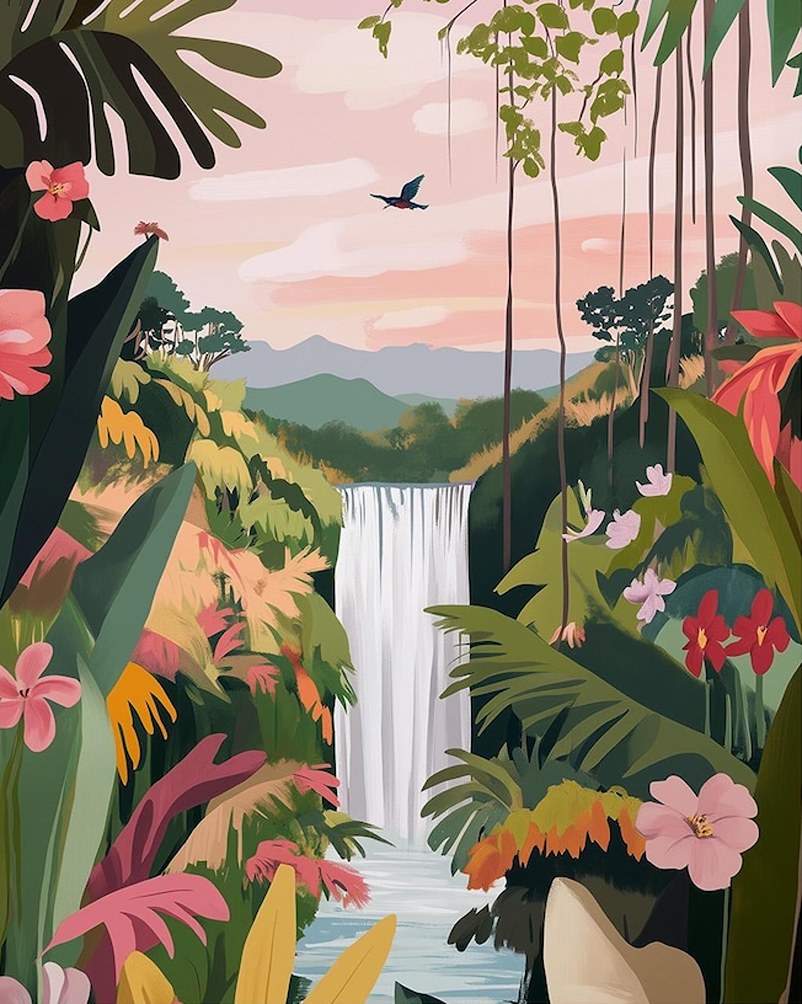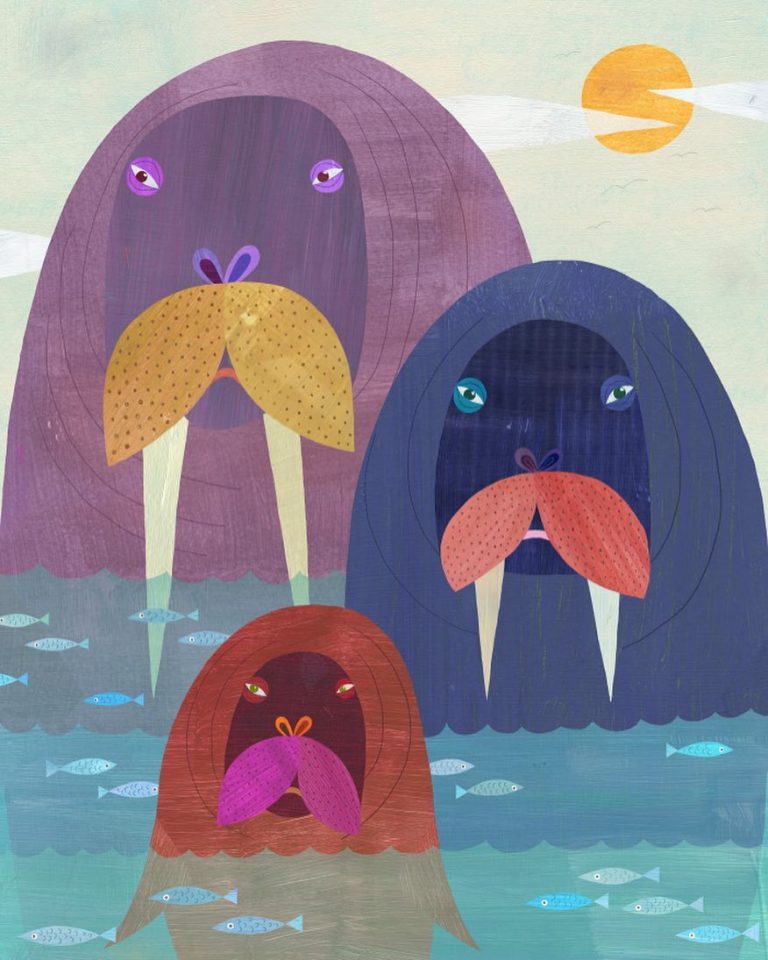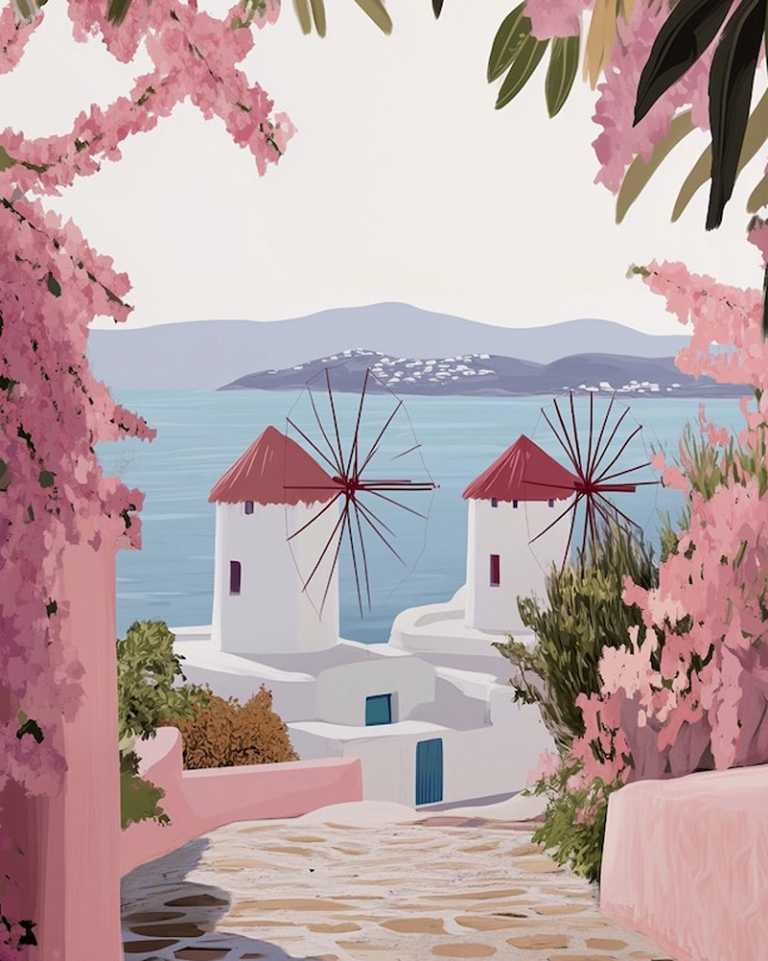
The third smallest country in Central America (yet the most visited in the area), Costa Rica tops the world’s Happiness Index! This is the alternative to England’s GDP to measure ‘progress’, which basically means if we chop down forests to make toilet paper and ‘earn money and create jobs’ by building hospitals and prisons (because people get sick and commit crimes) then it’s all seen as ‘good’.
The Happiness Index instead views ‘top countries’ as ones that not only have good finances, but also the people are happy, healthy, crime is low, the environment is protected etc.
Whereas the UK and US are near top worldwide for GDP, in the happiness rankings, we both plummet to no. 20 and 23 respectively. And Costa Rica tops the board. Let’s find out why!
Costa Rica Abolished its Army (in 1949)
We still live in a country that is obsessed by military intervention. Yet Costa Rica removed its army back in 1949 (after a violent 44-day civil war) and used the money to protect its rainforests and fund healthcare, schools and pensions.
And despite many conflicts and civil wars in neighbouring countries since, it’s remained at peace and never gone to war.
Costa Rica Protects Its Endangered Wildlife

Unlike countries like Brazil (that sells rainforest land to beef cattle farming and unsustainable soy production), Costa Rica is known for being one of the most stringent places for wildlife protection. This country has an incredible 500,000 species making it the most biodiverse nation on earth.
But still many of these species are rare and endangered, so the country is very focused on protecting what’s left. No trophy hunting here (all hunting is banned). It’s all about eco-tourism to bring in income from travellers.
Costa Rica Looks After Its Sea Turtles

Although England has sea turtles too (‘ocean lawnmowers’, seagrass habitats have been destroyed by anchors, turtles are confused with light pollution.
And killed by releasing balloons (which they eat, believing they are jellyfish). Costa Rica has implemented strict rules to stop over-tourism to protect its sea turtles (sometimes over 100,000 can take over beaches in a single day!) This way they are left alone to breed and lay their eggs.
Costa Rica Does Not Cage Animals
Unlike England where charities still have to campaign to educate that we can conserve endangered species without zoos, Costa Rica is one of the fist nations to make it illegal to keep animals in cages. There have been a few welfare issues but overall things have improved.
Kivu the lion who lived in a cage of cement and steel with poor diet was moved to a rescue centre, where the country roared with joy. As he spent his final days amid trees and grass, basking in the sunshine (when not tearing apart logs).
Home to 10% of the World’s Butterflies

Yet in England it’s rare to see butterflies due to disappearing habitats. A study by Butterfly Conservation found 90% of semi-natural lowland meadows and pastures have been lost in the last 75 years, which has had major effects on butterfly populations.
Costa Rica Looks After Its Farmers
Whereas there are welfare issues elsewhere with farmers who grow coffee beans, in Costa Rica ‘the golden grain’ (responsible for much of the country’s income) farmers are looked after, some even receive free land if they plan to grow and sell coffee.
Costa Rica also protects its indigenous peoples, all recognised by government who respect their rights, land, language and cultural heritage.
The Capital City is a Safe City
Costa Rica’s capital city of San José is considered to be one of the safest cities in the whole of Latin America (according to Global Peace Index).
Despite having around 2 million people, in daytime most crimes are petty (violent crime is rare in the country). Rates have increased in recent years, but this is mostly gang-related due to drug trafficking, not for residents or tourists.
Costa Rica Has Simple Fair Elections
In Costa Rica, the president is elected every four years, with people voting in their home town (postal votes are not the norm and it’s not usual for expatriates to vote either).
Obviously disabled people can presumably vote by proxy, the ban on postal voting is mostly to avoid electoral fraud.
What Makes Costa Rica So Happy?

Costa Rica’s national motto in practice is Pura Vida, or pure life. It is more than a greeting. It is a daily habit built on gratitude, simplicity, and connection. The pace is measured. People often choose time with family over extra shifts. Shops close for community events. Weekends are for football, farmers’ markets, and long chats with neighbours.
Social support is the backbone. Families are tight-knit, with several generations sharing care and resources. In many towns, you find cooperative projects, from local savings groups to community halls funded by bake sales and raffles. Schools and clinics play a central role as public spaces. When people face setbacks, they rarely face them alone.
Nature and Sustainability as Happiness Boosters
Costa Rica is one of the world’s most biodiverse countries, and it runs on more than 98 percent clean power most years. Rivers, volcanoes, and forests shape the daily routine. A morning hike or an evening swim is not a luxury, it is normal life.
Costa Rican Happiness In Your Life!
You do not need palm trees to live Pura Vida. Small, steady changes can lift life satisfaction without a complete reset. Start with your time. Protect one hour a day for something that restores you, such as a walk, reading, or a call with a friend. Treat it as a non-negotiable appointment.
Next, build social support. Plan a weekly family meal or a regular coffee with neighbours. Shared routines create bonds that make hard weeks easier. Offer help first. People remember, and the circle strengthens.
Add nature where you can. Visit a nearby park, sit by a canal, or just get outside in nature. Even short, green breaks can cut stress and improve mood. Studies find that 20 to 30 minutes outdoors can lower anxiety and sharpen focus.
Keep consumption simple. Choose quality over clutter. Fix what you own. Save for experiences rather than things. This shift frees money and reduces pressure to keep up. It also opens time for what matters most.
Anchor the change with a daily gratitude note. Write three small wins. A clear sky, a kind email, a joke at lunch. The practice trains your mind to spot the good. Over weeks, it lifts your baseline mood.
Finally, align work with life. Ask for flexible hours if possible, or draw a clear line around your day. Shorter, focused blocks beat endless busywork. Leave some slack in your schedule to handle surprises without stress.






